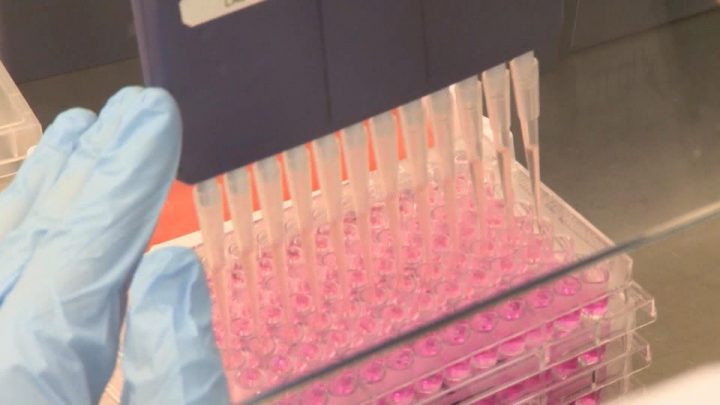Indigenous Services Canada (ISC) says it’s aware of 35 positive tests of COVID-19 in First Nations communities as of April 6.

Broken down, there are four on-reserve cases in Saskatchewan, 11 in Ontario and 20 in Quebec. There were 15 cases of COVID-19 in First Nation communities as of April 1.
ISC said it monitors and tracks information while protecting patient privacy and confidentiality. Additionally, provinces do not require Indigenous people to self-identify when being tested for COVID-19. For this reason, ISC cannot disclose the First Nations community with confirmed cases.
Dr. Theresa Tam, the country’s top public health officer, said the greatest worry continues to be the numerous outbreaks in high-risk settings where there is a rapid spread of the novel coronavirus as well as severe outcomes in vulnerable people.
She added these settings include long-term care, hospitals and correctional facilities, but also an increasing number of First Nations and at least one Inuit community.
“A single case in any First Nations, Inuit or Métis community is high cause for concern. These communities are among the most vulnerable to COVID-19 due to distances, access to necessary resources and underlying health conditions,” Tam said during a press conference on April 7.

Get weekly health news
“In response to the heightened risk, I am heartened to hear of the additional steps that leaders of these communities are taking to protect their populations. And we need to all do everything we can to slow the spread of this epidemic and protect all vulnerable Canadians.”
ISC said it’s aware of four COVID-19 cases on First Nations that have led to hospitalization.
Prime Minister Justin Trudeau announced $305 million for a new distinctions-based Indigenous community support fund to address the immediate needs of these communities.
ISC spokesperson Rola Tfaili said on April 4 that it is working to develop the community support fund and to ensure rapid access for those who need it most. This funding will enable Indigenous organizations and communities to make their own decisions about where critical support is needed to address the public health emergency.
In collaboration with First Nation leaders, Tfaili said they have reviewed pandemic plans, stockpiled supplies and assessed health care capacity.
ISC said it’s also undertaking public health communication toward the First Nation population living on reserves as well as the distribution of messages for community radio and television stations and for frontline workers in various Indigenous languages.
The first on-reserve case in Canada was laboratory-confirmed on March 19, ISC said.
Questions about COVID-19? Here are some things you need to know:
Health officials caution against all international travel. Returning travellers are legally obligated to self-isolate for 14 days, beginning March 26, in case they develop symptoms and to prevent spreading the virus to others. Some provinces and territories have also implemented additional recommendations or enforcement measures to ensure those returning to the area self-isolate.
Symptoms can include fever, cough and difficulty breathing — very similar to a cold or flu. Some people can develop a more severe illness. People most at risk of this include older adults and people with severe chronic medical conditions like heart, lung or kidney disease. If you develop symptoms, contact public health authorities.
To prevent the virus from spreading, experts recommend frequent handwashing and coughing into your sleeve. They also recommend minimizing contact with others staying home as much as possible and maintaining a distance of two metres from other people if you go out.
For full COVID-19 coverage from Global News, click here.







Comments
Want to discuss? Please read our Commenting Policy first.